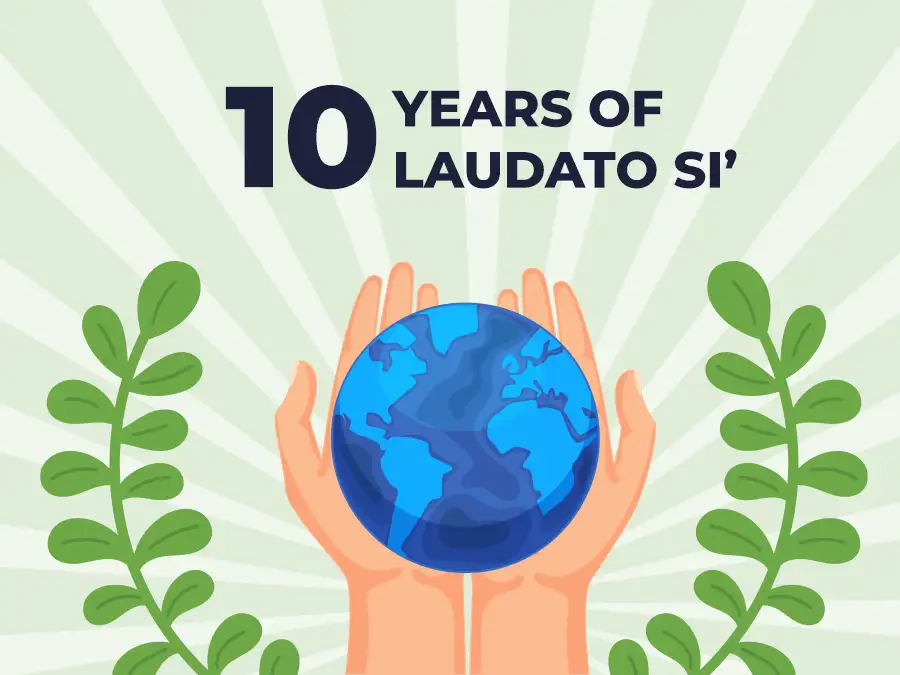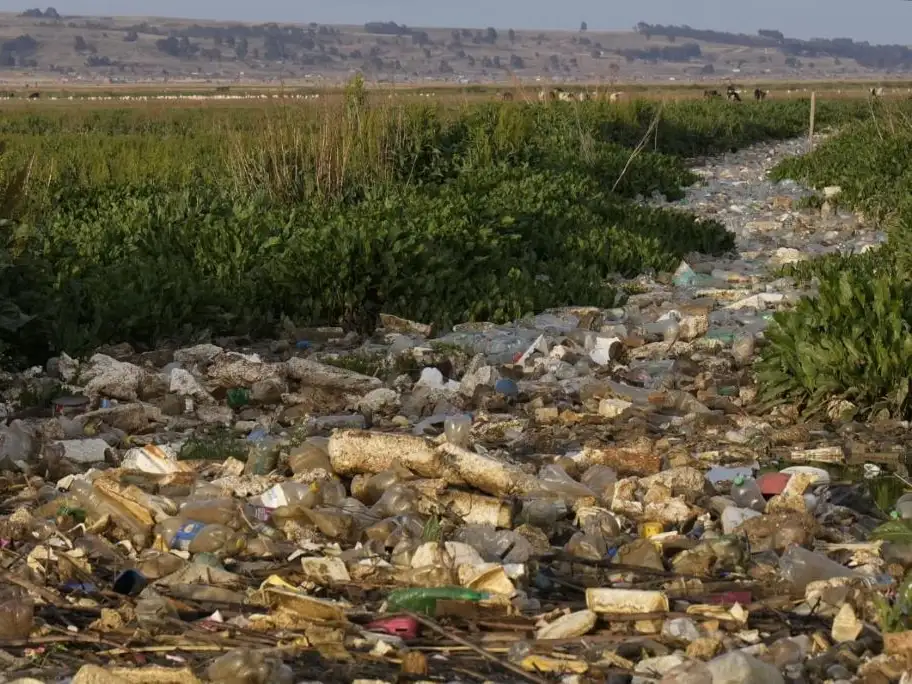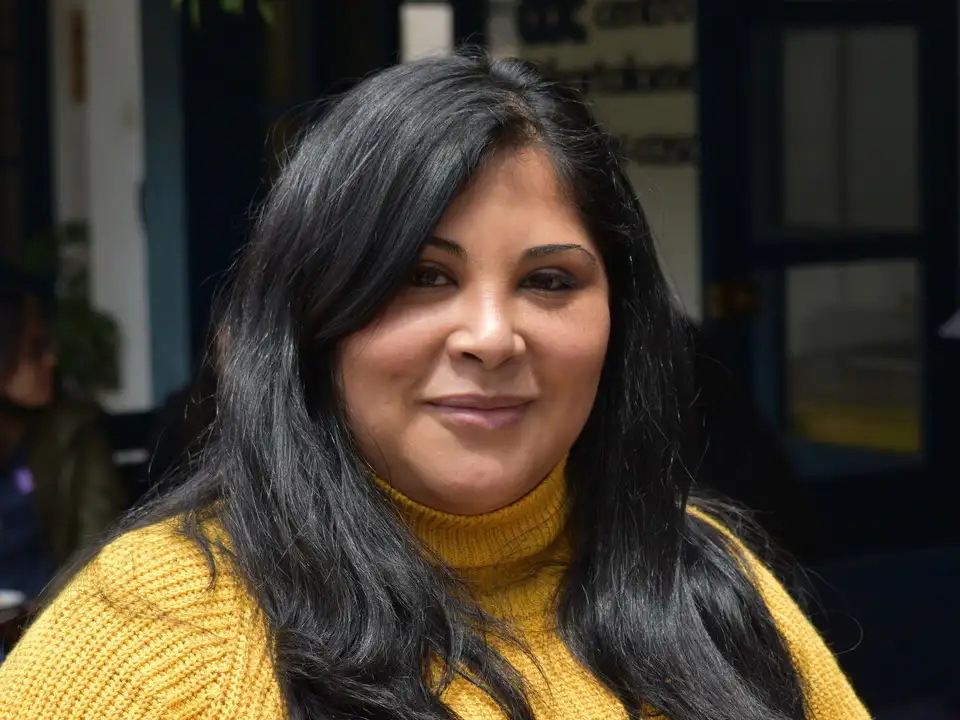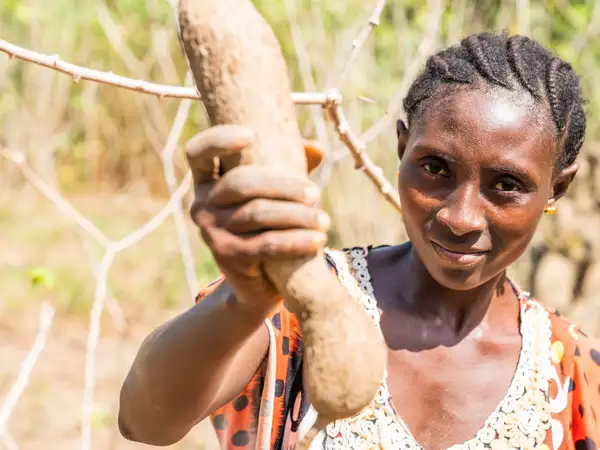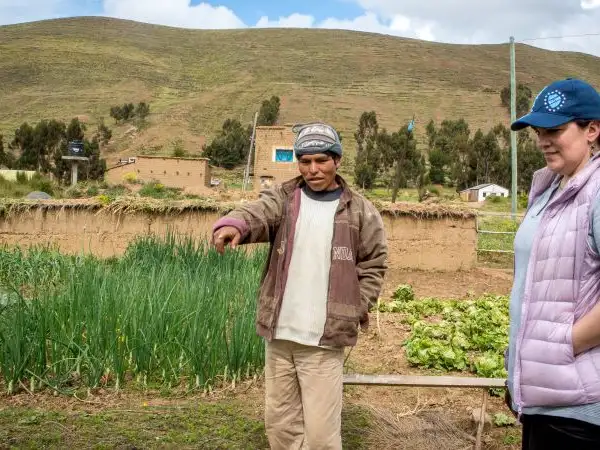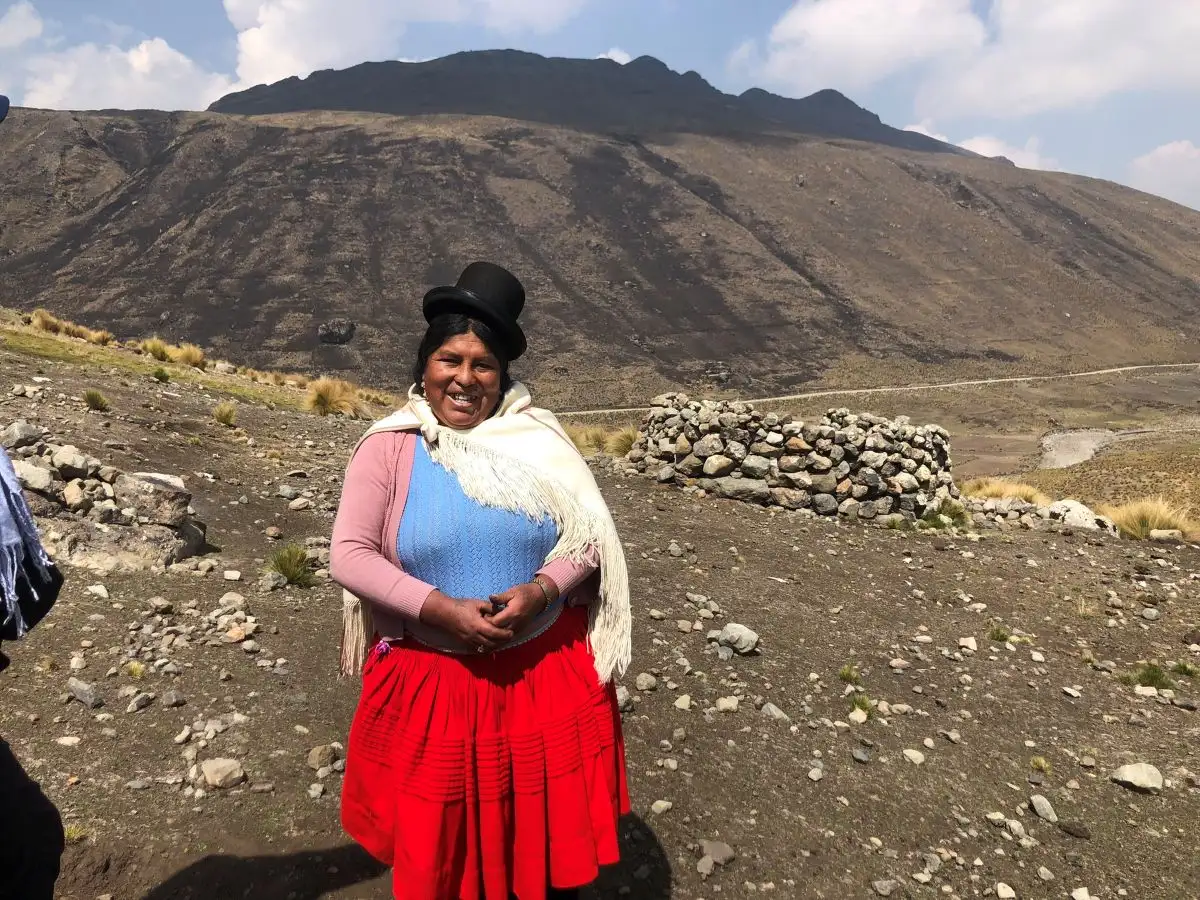

Indigenous farmers in Bolivia are learning more about environmentally friendly farming methods to increase their yields and how to better adapt to climate change.
Bolivia is a landlocked country in South America that stretches from the dense Amazon basin to the high planes of the Andes, known as the Altiplano. While Bolivia has made progress in reducing extreme poverty, it remains the second poorest country in Latin America and faces one of the highest levels of inequality in the region.
Poverty is especially acute in rural areas, where communities experience high rates of extreme poverty and often lack access to basic services.
Indigenous peoples - who make up the majority of the population - are disproportionately affected, facing systemic discrimination and barriers to education, employment and land rights.
Bolivia is also one of the most climate-vulnerable countries in the region. Increasingly frequent floods, droughts, wildfires and glacial retreat are driving water scarcity, threatening food systems and undermining people’s livelihoods.
A better world needs all of us. That’s why CAFOD has been working in Bolivia for over 20 years. We work with partner organisations to support people living in poverty, to combat the climate crisis and to address issues surrounding inequality and human rights.
Our impact in 2024
We reached more than 4,700 people in Bolivia.
500 rural youth in Cochabamba established family and school gardens, improving their access to food and nutrition. Over 47 different vegetable varieties were planted, enhancing dietary diversity and resilience to climate shocks.
Low-cost water purification technologies, such as biochar and microalgae, were piloted by rural communities in the Katari basin. This collaboration between Newcastle University and Bolivian university academics and scientists is helping at least 50 families access clean water for their livestock and crops, in an area heavily impacted by mining pollution.
Seven urban collectives are working to make cities more inclusive and sustainable by recovering green spaces in cities and raising awareness around women's rights, disability rights and the rights of refuse collectors – many of whom face discrimination and unsafe working conditions.
Why CAFOD works in Bolivia
Despite its rich natural resources, Bolivia continues to face high levels of poverty and inequality across both urban and rural areas.
In urban centres, rapid and unplanned growth has led to overcrowded and precarious housing, limited access to clean water and sanitation, and a severe shortage of public green spaces — all of which negatively impact health and quality of life. Many Indigenous and rural migrants moving to cities also face discrimination, gender-based violence and exclusion from essential services.
In rural areas, around half of families lack reliable access to food and safe water. Small-scale farmers are especially vulnerable as increasingly unpredictable weather patterns make growing and harvesting crops more difficult.
Indigenous communities face overlapping injustices, including racial discrimination, land dispossession and exclusion from political decision-making. Gender inequality remains widespread, with high rates of violence against women, particularly Indigenous women. Deeply entrenched patriarchal norms, known as 'machismo', continue to normalise male control over women in both public and private life.
Meanwhile, the climate crisis is intensifying existing challenges. Flooding, landslides, wildfires and prolonged droughts are becoming increasingly common. Shrinking glaciers - critical water sources for many communities - threaten long-term water security.
Bolivia’s economic reliance on extractive industries such as mining, natural gas and petroleum has caused devastating impacts on local communities and the environment. These industries often operate with weak regulation and without genuine community consent, reflecting the interests of powerful actors - especially men - within communities. The consequences include water contamination, deforestation, displacement and health problems.
Bolivia also holds significant portions of the Amazon rainforest, making it globally vital for climate stability and biodiversity. Alarmingly, it has one of the highest deforestation rates in the world, driven by forest fires, land clearing and extractive activities - all threatening Indigenous territories, ecosystems and the planet’s climate.
How we’re responding
Together, we can build a better world. Donations from people like you can directly respond to the injustices faced by thousands of families living in Bolivia, so everyone can have the opportunity to flourish.
We work with trusted Bolivian partner organisations to tackle the root causes of poverty, strengthen resilience to climate change and protect human rights.
Current projects
Rural and peri-urban communities, especially Indigenous families, often rely on subsistence farming. During dry season, many go hungry and limited dietary diversity contributes to chronic malnutrition. We are supporting the poorest communities to grow nutritious, healthy food throughout the year. We’re even helping children to learn more about the importance of a variety of crops for better nutrition, and how to better adapt to the impacts of the climate crisis.
We work with communities impacted by extractive industries across Bolivia to defend their land, environment and human rights. Our partners support Indigenous communities to understand and defend their rights, protect their land and the environment, and advocate for the sustainable, fair and transparent management of natural resources – including in the Bolivian Amazon and other ecologically vulnerable areas.
Water sources in Bolivia are increasingly polluted by sewage, waste and mining pollution, leaving families unable to access clean water for their crops and livestock. Climate change and expanding mining activities are worsening water scarcity and threatening local livelihoods. We work with Bolivian partners and academics, UK universities, civil society and local communities to introduce innovative, low-cost water treatment technologies to guarantee access to safe water for people’s homes, agriculture and animals.
In Bolivia’s growing urban areas, we support poor and vulnerable families to find solutions to urban problems like discrimination, gender-based violence and a lack of green spaces. Together, we’re building more inclusive, sustainable and resilient cities.
For example, in Cochabamba the urban collective has recovered an urban forest and proposed a municipal law to protect green spaces. In El Alto, another collective has launched a campaign in schools on gender-based violence in districts with high rates of violence.
Centro de Comunicación Desarrollo Andino
Fundación Nuna Bolivia
Instituto de Investigación y Acción para el Desarrollo Integral
Pastoral Social Caritas Ben
Pastoral Social Caritas Potosí
Red de Participación Ciudadana y Control Social
Unión de Instituciones para el Trabajo de Acción Social
News from Bolivia
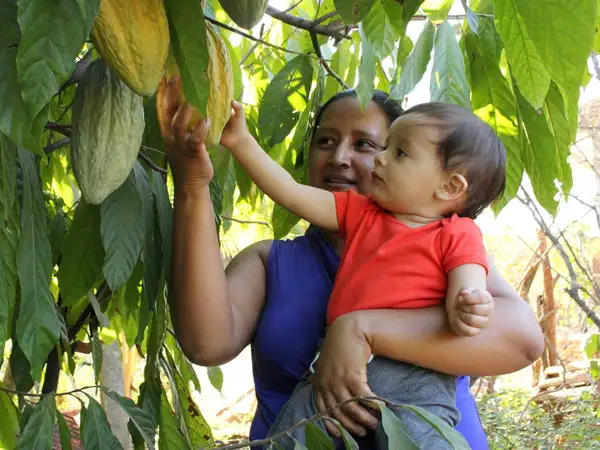
What we do
CAFOD is the official aid agency for the Catholic Church in England and Wales.
With your help, we reach out to people living in hard-to-reach places, in war zones and those who are discriminated against.


